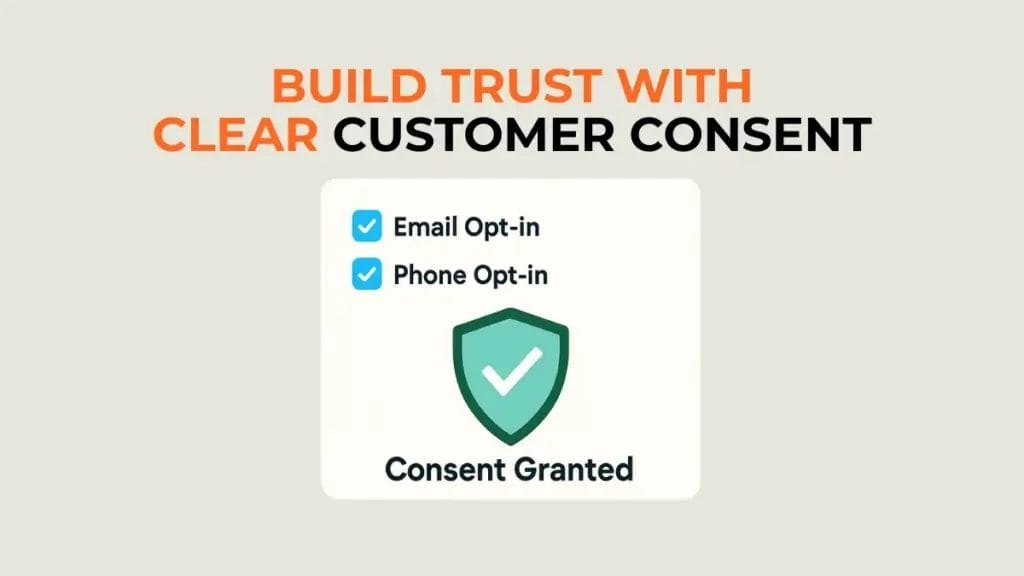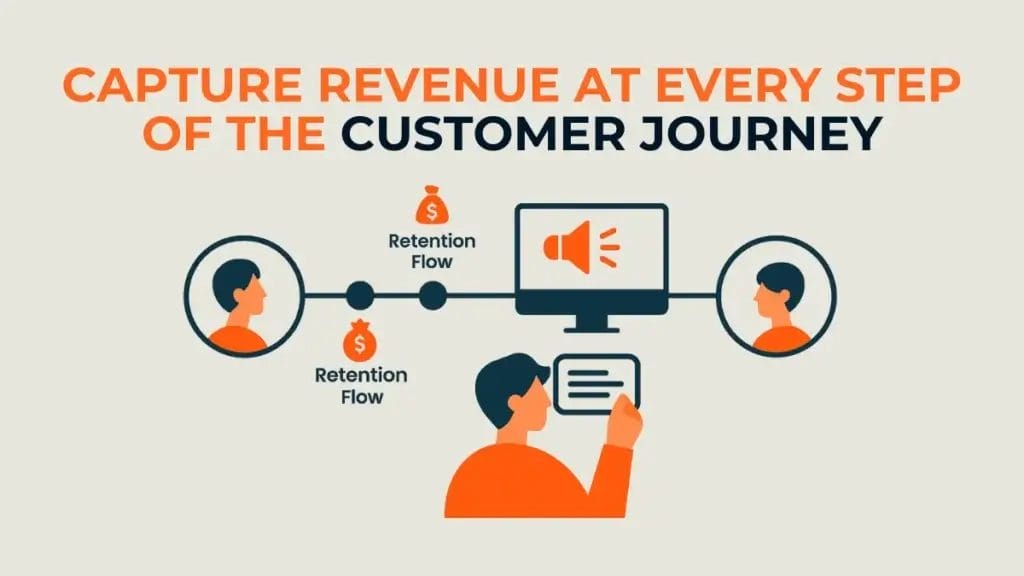The 90-Day First-Party Data Profit Plan (No Data Science Needed)
The cookie is dead. Your old ad strategies? They’re dying with it. In 2025, a strong first-party data strategy is non-negotiable. But how do you actually turn your customer data into money without needing a data science degree? This guide is your 90-day plan.
1. Phase 1 Data Capture & Consent (Days 1-30)
First, focus on getting clean, consented data.
- Email & Phone Opt-ins: Make email and phone number collection a priority.
- Behavioral Data: Implement tools to track website behavior (pages viewed, items added to cart).
- Explicit Consent: Ensure clear opt-ins for how you will use their data.
This builds your compliant, invaluable data foundation.

2. Phase 2 Data Hygiene & Enrichment (Days 31-45)
Next, make your data usable.
- Deduplication: Remove duplicate entries from your CRM or email list.
- Validation: Use tools to validate email addresses and phone numbers.
- Basic Enrichment: Add basic tags (e.g., “new customer,” “website visitor,” “purchased X product”) without complex engineering.
Clean data is crucial for effective first-party data activation.
3. Phase 3 Quick Wins & Segmentation (Days 46-60)
Now, activate your data for immediate results.
- Retention Flows: Build automated emails for win-back campaigns or repeat purchase reminders.
- Basic Segmentation: Create simple segments for high-intent retargeting ads (e.g., “viewed pricing page but didn’t buy”).
- Personalized Content: Use this data to tailor email content beyond just a first name.

4. Phase 4 Scaling & Prediction (Days 61-90)
Finally, scale your strategy for predictable, long-term profit.
- Lookalike Audiences: Use your best customer segments to create high-performing lookalike audiences on ad platforms.
- Predictive Models: Feed your enriched data into simple predictive models (often built into modern CRMs or email platforms) for churn prevention or lifetime value (LTV) cohorts.
Get Your 90-Day Data Activation Plan with BitBop
This elevates your first-party data strategy to a new level. If you want to build this powerful first-party data activation plan but don’t have the time or expertise, the experts at BitBop can help. We provide trained, culturally-aligned marketing experts who can manage your data and scale your business.

Frequently Asked Questions (FAQ)
- What is a first-party data strategy?
A first-party data strategy is a plan to collect, manage, and activate customer data directly from your own sources (website, email, CRM) with explicit consent, allowing you to personalize marketing and protect against privacy changes. - Why is first-party data important in 2025?
First-party data is crucial in 2025 because of the deprecation of third-party cookies and stricter privacy laws. It’s the most reliable and compliant way to understand and market to your customers. - Can I implement a first-party data strategy without data scientists?
Yes. Modern marketing platforms (CRM, email automation) have built-in features that allow marketers to implement a robust first-party data strategy for segmentation, personalization, and basic predictive analytics, even without data science expertise.
Tips
- Always be transparent with customers about the data you collect and how you use it.
- Start simple. Focus on collecting email and phone numbers first.
- Integrate your data sources (CRM, website, email platform) for a unified view.
- Regularly audit your data for accuracy and compliance.
Warnings
- Don’t buy third-party data. It’s often unreliable and non-compliant.
- Avoid collecting more data than you genuinely need.
- Be aware of regional privacy laws (GDPR, CCPA) and adjust your strategy accordingly.
- Don’t expect overnight results. Building a strong first-party data strategy takes time.
Things You’ll Need
- A CRM or email marketing platform with segmentation features.
- Clear opt-in mechanisms on your website and forms.
- A privacy policy that clearly outlines your data practices.
- A commitment to consistent data management.




